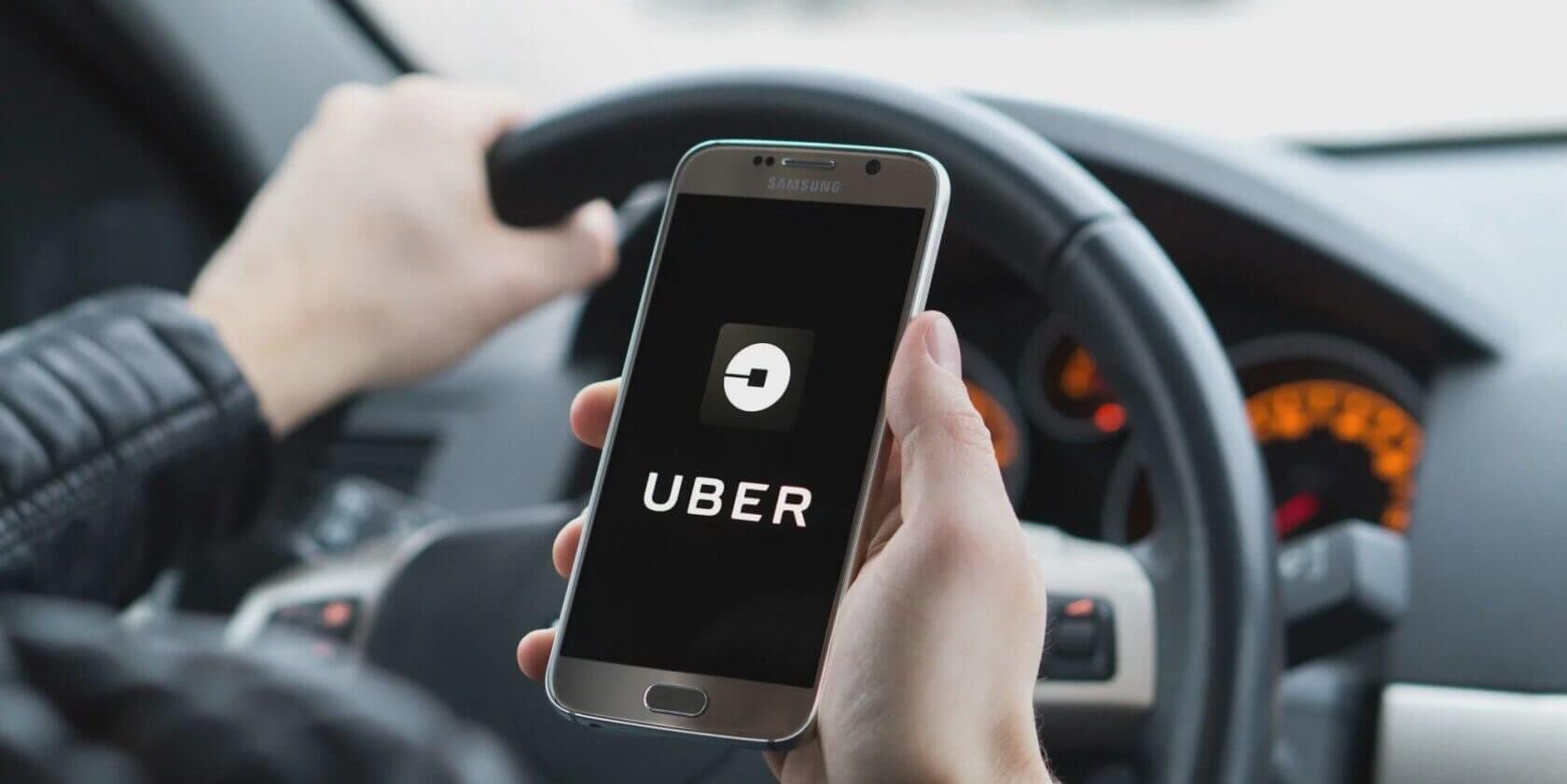In context: Uber has been battling with state regulators for years over the status of its employees. Uber wants to continue classifying them as contractors, but many authorities feel they should be considered full employees, and thus be granted all the benefits that come with such a status, including paid time off and sick leave.
For Uber, classifying its drivers as employees would probably be quite the nightmare scenario. The added expenses that would come with giving its workers full benefits might not sink the company, but it would certainly take a huge bite out of its bottom line.
As such, it's no surprise to see Uber fight against potential regulations to the bitter end. Even in states where new laws seemingly target the company's business practices directly, Uber has attempted to wriggle its way out of the dilemma. For example, California recently voted in favor of rules that would force many contractors to be considered employees (effective January 2020). Uber said it was exempt from these rules because the act of driving for the company is somehow outside the usual course of its business.
Unfortunately, those sorts of arguments aren't likely to help Uber out much in New Jersey. The state has officially asked Uber for roughly $650 million in overdue unemployment and disability insurance taxes because it's been "misclassifying" its drivers as contractors.
That's quite the sum, and as you'd expect, Uber plans to "challenge" the state's "preliminary but incorrect" determination. We'll let you know how that goes.
